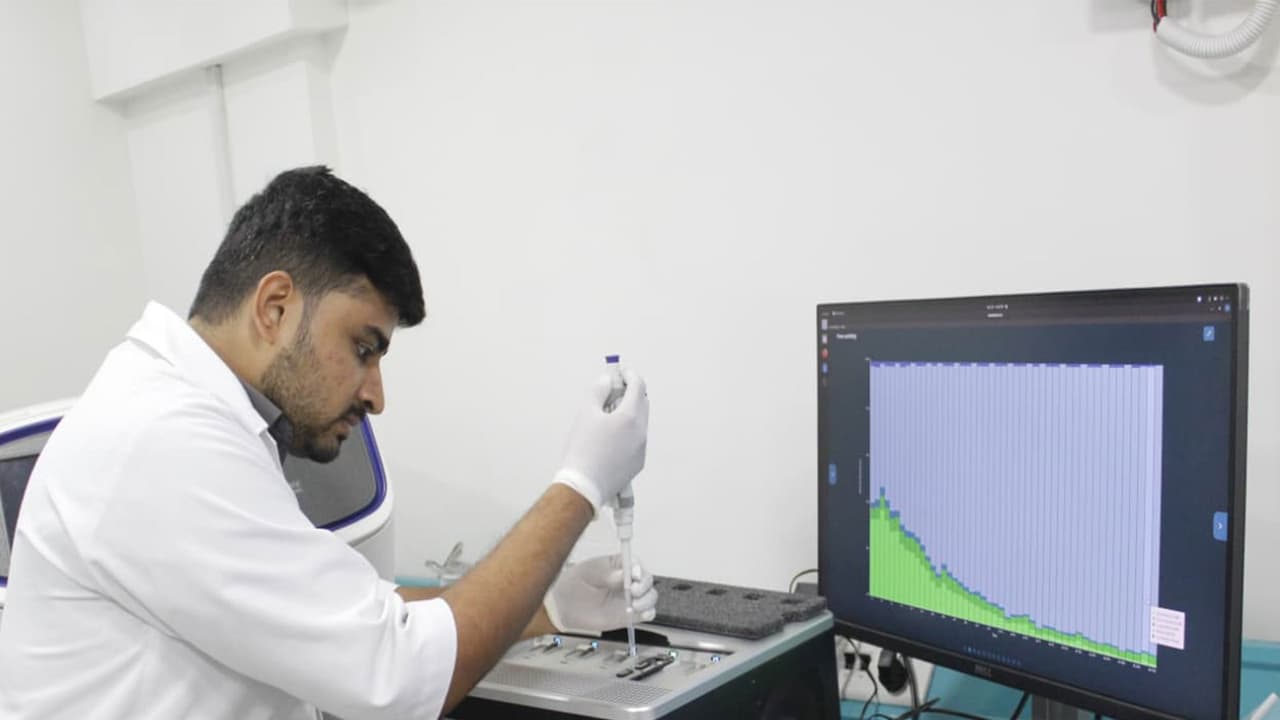Gujarat will declare 2025 as ‘Tribal Pride Year’ to mark Birsa Munda’s 150th birth anniversary. The state also launched a pioneering genome sequencing project for its tribal population to tackle genetic disorders and improve health outcomes.
The state of Gujarat will officially designate the year 2025 as ‘Tribal Pride Year’ in recognition of the 150th birth anniversary of Bhagwan Birsa Munda, who serves as a significant emblem of tribal identity and resistance, according to the release. Prime Minister Narendra Modi has led efforts to preserve and promote tribal heritage by promoting and safeguarding it through initiatives focused on sustainable development, including the establishment of Janjatiya Gaurav Diwas. Chief Minister Bhupendra Patel highlighted the profound spiritual connection between Gujarat’s Adivasi communities and nature. The pride of this legacy is reflected in Droupadi Murmu as India’s first tribal President.
Pioneering Genome Sequencing for Tribal Health
Gujarat has become the first state in India to launch a large-scale genome sequencing project, specifically focused on tribal communities. Led by the Gujarat Biotechnology Research Centre (GBRC), the effort is part of a visionary plan to decode the genetic blueprint of tribal groups and develop targeted diagnostics, treatment strategies, and long-term preventive care.
Project Goals and Genomic Database Creation
The project, operating under the broader Genome India initiative, aims to understand the increasing prevalence of genetic disorders among tribal populations – a trend often linked to endogamous marriages and limited genetic diversity. By collecting DNA samples from 31 tribal communities across 11 districts, researchers are building a reference database that could redefine how genetic conditions are diagnosed and managed in these communities.
In the financial year 2025-26, the Gujarat government approved the “Creation of Reference Genome Database for Tribal Population” project to establish a comprehensive genomic database, thereby bridging existing data gaps and aligning with the Genome India Project, initiated and completed by the Department of Biotechnology, Government of India, as stated in the release.
Targeting Inherited Genetic Disorders
Gujarat’s tribal population has long faced a higher incidence of inherited conditions such as thalassemia and sickle cell anaemia. Many of these disorders remain undetected until late stages, when treatment becomes more complicated. With genome sequencing, scientists can trace mutations, create low-cost diagnostic panels, and provide prenatal or even embryo-level testing during IVF procedures. This project will provide a scientific basis for health policies supporting the socio-economic development of the tribal community. It will enable detailed genetic insights, helping to detect diseases, address health issues such as malnutrition and anaemia, and facilitate early diagnosis of genetic disorders, including Sickle Cell Anaemia and G6PD deficiency.
Research on diet, nutrition, and immunity will be facilitated, making treatment more effective through Precision Medicine and enabling the identification of local-level genetic mutations. For example, if both parents carry one mutated copy of the beta globin gene (called a carrier) responsible for sickle cell disease, there is a 25% chance that a child will inherit both copies of the mutated beta globin gene, resulting in the development of sickle cell disease. Genome mapping can identify such carriers and enable early counselling or preventive measures. In turn, this enables community-specific, DNA-based panels costing as little as ₹1,000-1,500, in contrast to whole-genome sequencing, which can cost ₹1 lakh per sample, or exome-specific sequencing, which costs roughly ₹ 18,000-20,000 per sample.
State-of-the-Art Infrastructure and Capacity
Gujarat’s sequencing capability is supported by state-of-the-art infrastructure. The GBRC operates three genome sequencing platforms, including a long-read sequencer that analyses 5,000-10,000 base pairs – crucial for resolving complex mutations. These platforms, inaugurated by Chief Minister Bhupendra Patel, were originally deployed to combat COVID-19 but have now been adapted for broader genomic research. In terms of scale, Gujarat can sequence 25 to 50 genomes per run, with turnaround times ranging from 48 to 72 hours. By negotiating costs and investing in local infrastructure, the GBRC has reduced per-sample expenses from ₹85,000 to around ₹60,000.
Future Applications and National Significance
In future, such studies could enable doctors to predict how individuals will respond to certain drugs – avoiding adverse reactions or ineffective treatments. With international genome projects already far ahead, Gujarat’s efforts mark a vital step in ensuring India’s tribal communities are not left behind. (ANI)
(Except for the headline, this story has not been edited by Asianet Newsable English staff and is published from a syndicated feed.)
